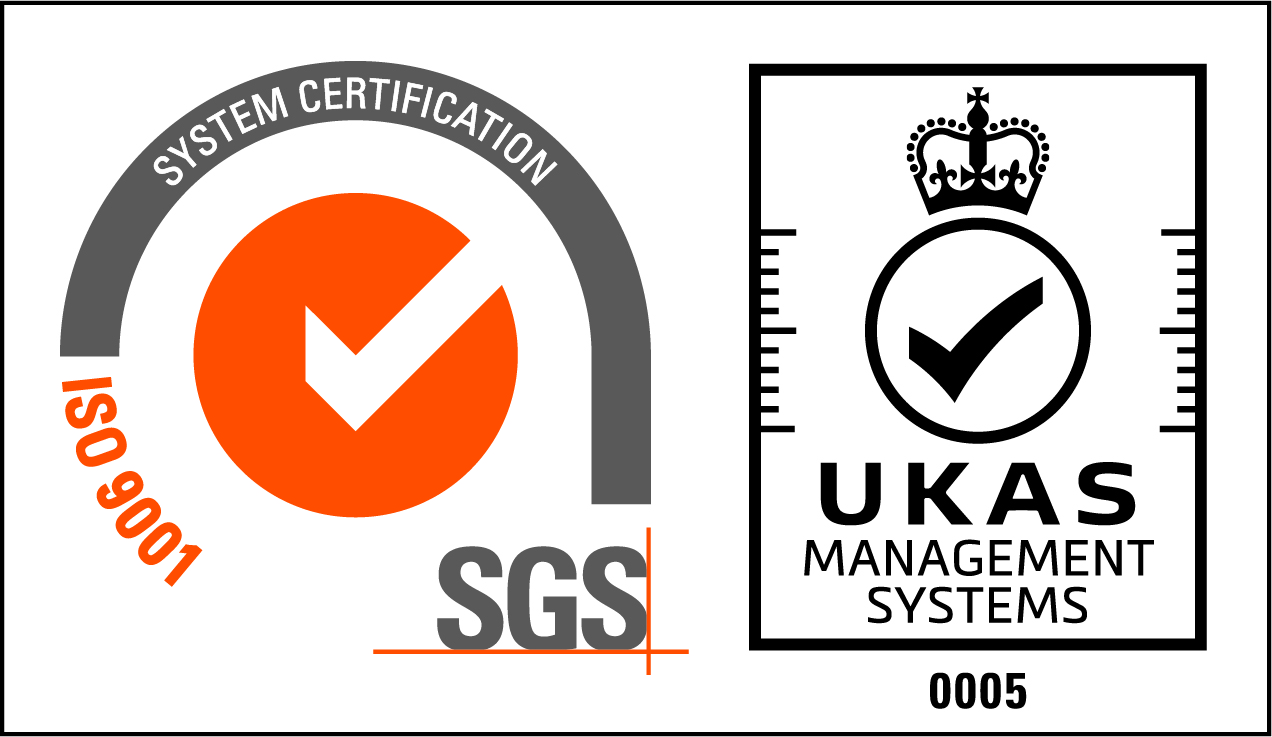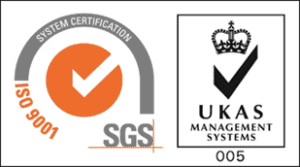In recent years, there has been a growing global consensus about the urgent need for businesses to prioritise sustainability. As organisations play a significant role in shaping our world, their impact on the environment, society, and the economy cannot be underestimated. To foster transparency, accountability, and meaningful change, the European Union (EU) has taken a bold step forward with the introduction of the Corporate Sustainability Reporting Directive (CSRD). This blog post aims to shed light on the CSRD, its implications, and how it can pave the way for a sustainable future.
Understanding the Corporate Sustainability Reporting Directive
In the EU the CSRD is a legislative proposal put forth by the European Commission, building upon the existing Non-Financial Reporting Directive (NFRD). It aims to enhance the quality, consistency, and comparability of sustainability reporting across EU member states. The directive expands the scope of reporting requirements and introduces mandatory sustainability reporting for a broader range of companies. It requires all large companies (with > 250 employees, >€40m net annual revenues or > €20m assets on their balance sheet) and listed SMEs to publish regular reports on their environmental and social impacts.
Key Features and Objectives
Expanded Applicability: The CSRD aims to bring large companies, meeting the criteria above, and all companies listed on EU regulated markets, under the scope of mandatory sustainability reporting. This expansion ensures a more comprehensive and consistent approach to reporting across the EU.
Harmonized Reporting Standards: The directive proposes the adoption of the sustainability reporting standards developed by the International Sustainability Standards Board (ISSB). These standards will help standardize sustainability reporting, enabling companies to disclose relevant environmental, social, and governance (ESG) information in a consistent manner.
Digitalization and Data Quality: The CSRD emphasizes the importance of digitalization to enhance data collection, comparability, and accessibility. Companies will be required to report sustainability information using the electronic format, aligning with the emerging global trend of machine-readable data.
Materiality and Forward-Looking Information: The CSRD emphasises the need for companies to report on material sustainability matters, including climate change, biodiversity, social issues, and human rights. Moreover, companies will also be expected to provide forward-looking information, enabling stakeholders to assess long-term sustainability risks and opportunities.
Benefits and Impacts
Enhanced Transparency and Accountability: By standardizing reporting practices and expanding its scope, the CSRD promotes greater transparency and accountability among companies. Investors, stakeholders, and the general public will have access to more reliable and comparable sustainability information, allowing for informed decision-making and fostering trust.
Improved Risk Management and Performance: The CSRD encourages companies to assess and report on their sustainability risks, enabling better risk management practices. This focus on sustainability will drive companies to align their operations and strategies with long-term environmental and social goals, leading to improved overall performance.
Stimulating Sustainable Investments: With more consistent and reliable sustainability information available, the CSRD can spur sustainable investments. Investors will have a clearer understanding of a company’s sustainability performance, making it easier to identify businesses that align with their environmental and social values.
Driving Innovation and Transition: The CSRD incentivizes companies to innovate and transition towards more sustainable business models. By disclosing forward-looking information, companies can communicate their plans for addressing climate change, resource scarcity, and other critical sustainability challenges, which can drive industry-wide innovation and support the transition to a greener economy.
To conclude The Corporate Sustainability Reporting Directive represents a significant milestone in advancing sustainability reporting within the EU. By expanding the scope, enhancing reporting standards, and promoting digitalisation, the CSRD paves the way for greater transparency, accountability, and sustainable practices. As businesses align their strategies with long-term sustainability goals, the CSRD can drive positive change and contribute to a more sustainable and resilient future for both organisations and the society as a whole.
Get in touch for information on how we can help you start your sustainability reporting.






